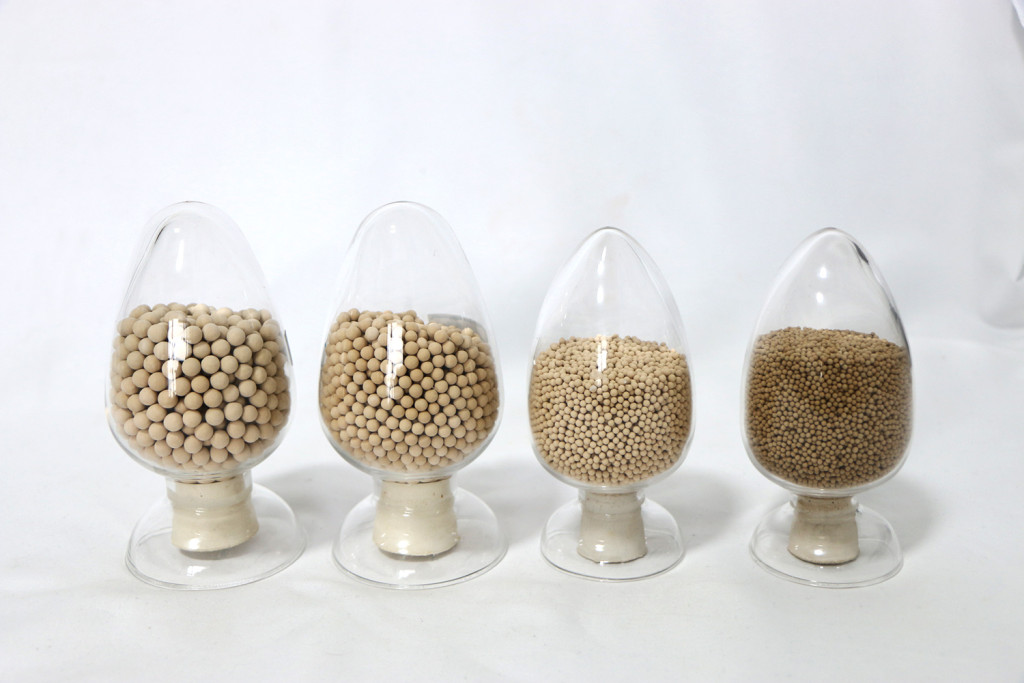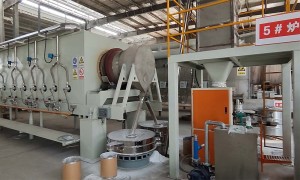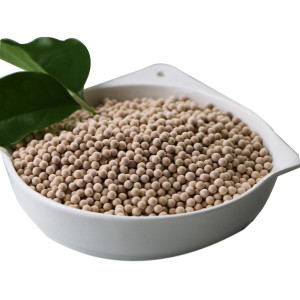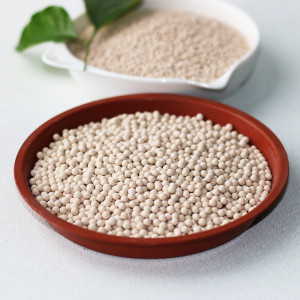Removal Of Hydrogen Sulfide And Mercaptan
Molecular sieves offer an efficient, renewable solution for the removal of hydrogen sulfide and mercaptan, helping to protect the environment...
Molecular sieves play a crucial role in the removal of hydrogen sulfide (H2S) and mercaptan, leveraging their unique adsorption properties and pore structure. Here are some key points about their applications:

Selective Adsorption: Molecular sieves have uniform and consistent pore sizes, allowing them to selectively adsorb small molecules like hydrogen sulfide and mercaptan based on molecular size.
Efficient Removal: Molecular sieves exhibit strong adsorption capacity for hydrogen sulfide and mercaptan, effectively removing these pollutants and reducing sulfur content in environmental and industrial emissions.
Regenerability: Used molecular sieves can be regenerated through heating or steam treatment, restoring their adsorption performance and extending their service life.
Mercaptan Functionalization: The adsorption capacity of molecular sieves can be further enhanced through mercaptan functionalization, especially in the removal of sulfur-containing compounds.
Mechanism Study: Studies indicate that the adsorption mechanism of molecular sieves for hydrogen sulfide and mercaptan involves interactions with active sites within the pores and possible chemical bonding.
Industrial Applications: Molecular sieves are widely used in the desulfurization processes of the petroleum, natural gas, and chemical industries, helping to meet environmental standards and sustainable development requirements.
Performance Optimization: By adjusting the pore size, surface chemistry, and structure of molecular sieves, their adsorption performance for hydrogen sulfide and mercaptan can be optimized.
Environmentally Friendly: As an environmentally friendly material, the use and regeneration of molecular sieves align with the principles of green chemistry and industrial ecology.
Molecular sieves offer an efficient, renewable solution for the removal of hydrogen sulfide and mercaptan, helping to protect the environment and improve the purity of industrial products. With technological advancements and increasing environmental regulations, the application of molecular sieves is expected to become more widespread and significant.





